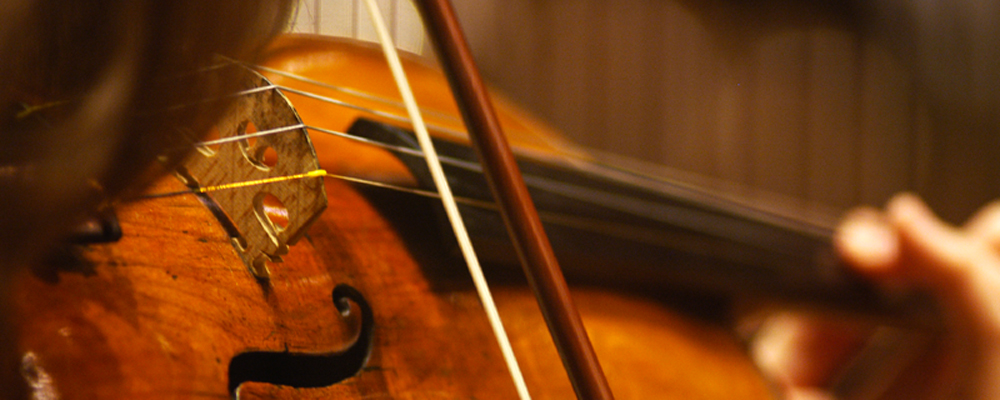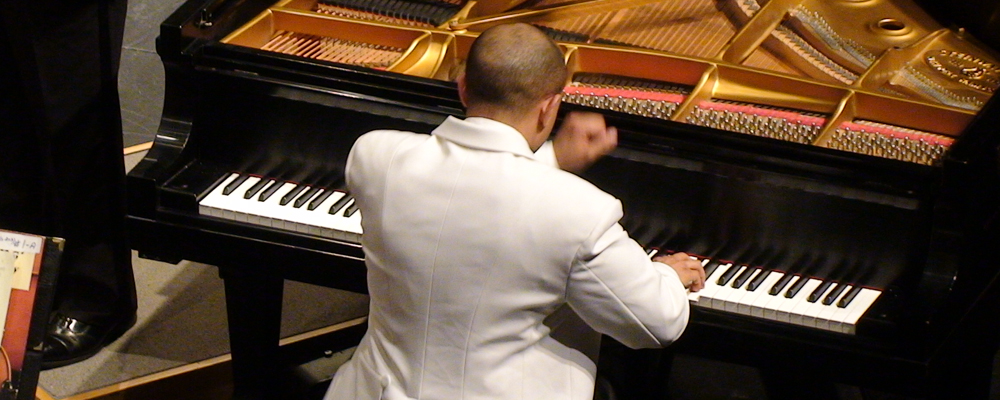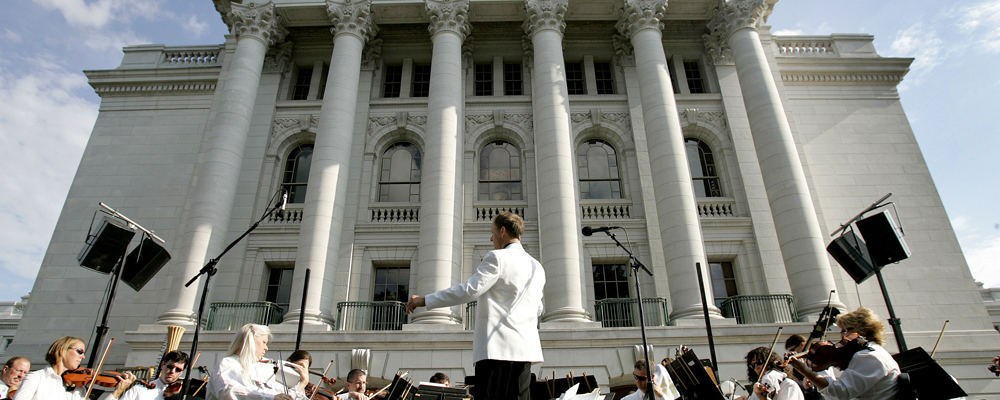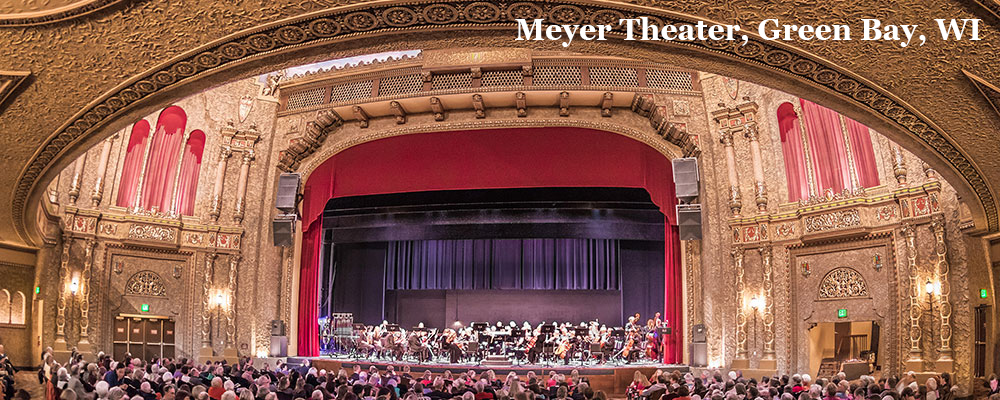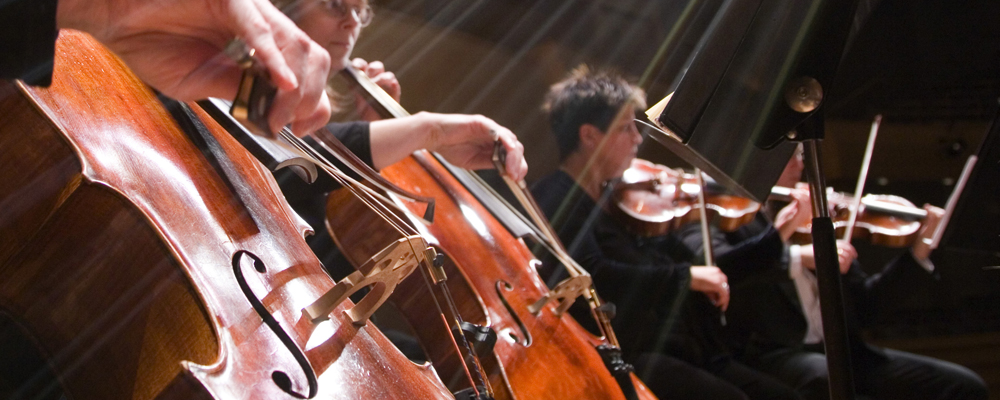Uncategorised
APPLICATION ELIGIBILITY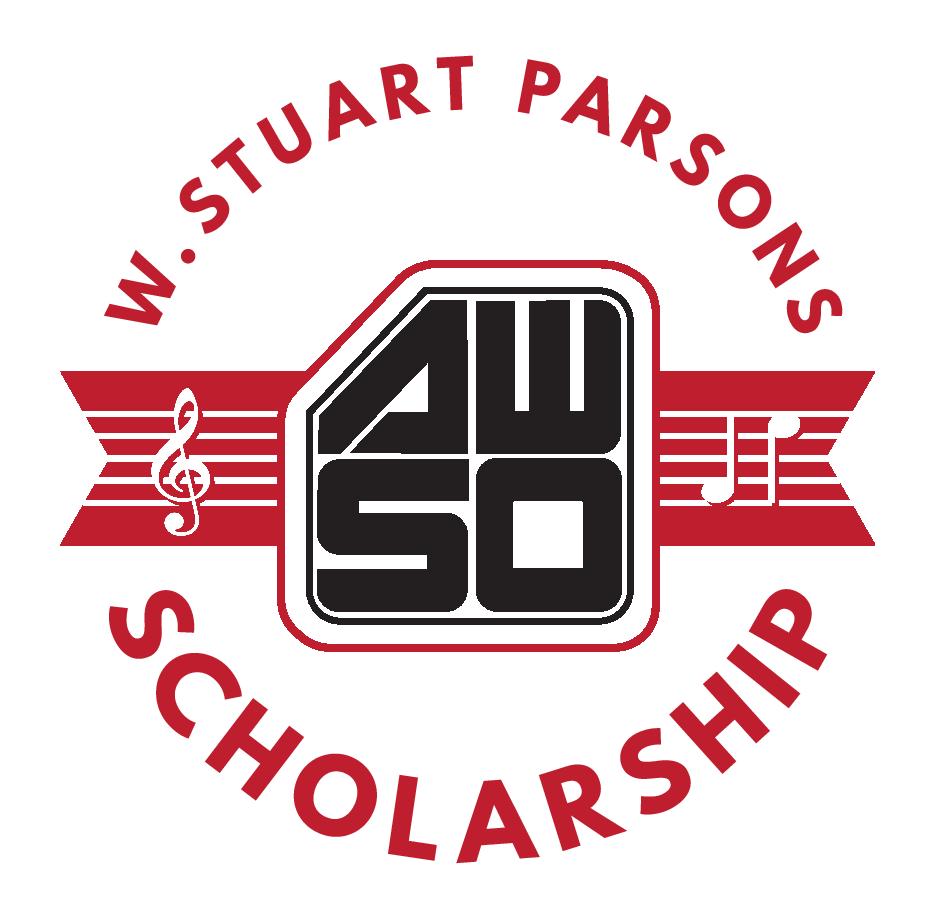
Any music student who resides in Wisconsin in 6th through 12th grade who plays in an orchestral setting or string program in Wisconsin is eligible to apply. Applicants will be considered in two grade levels, 6th through 8th and 9th through 12th.
APPLICATION PROCESS
The application is via Google Forms and is active January 1st through March 30th. There is no cost to apply. Only complete applications will be considered,including supplying complete contact information. Please note we are using Google Forms for the application process. If you have a Google account, you may sign in and thereby be able to save your work if you don't plan to complete the application in one session. A Google account and sign in is not required if you complete the application in one session. An incomplete application can be saved for completion later only if you sign into your Google account.
APPLICATION DEADLINE
Applications must be received no later than midnight March 30th. Applications will be reviewed by committee during the month of April. Applicants will be notified via email no later than the first week ofMay. Scholarship checks will be mailed approximately mid-May. Incomplete applications will not be considered.
APPLICATION COMMUNICATIONS
Email scholarship@wisconsinorchestras.org if questions.
PROJECTS THAT QUALIFY FOR ASSISTANCE (common examples, not limited to this list)
Instrument repair, private lessons, music supplies/books, miscellaneous music equipment, support for new instrument purchase or rental, youth orchestra tuition or music camp tuition.
SCHOLARSHIP AWARDS
In application, please be as specific as possible about what you need the funds for, keeping in mind that most scholarships range from $50 to $250. All scholarships will be awarded in a check format. Scholarships will be based on funds available.
SCHOLARSHIP APPLICATION
Click here for the scholarship application
Applications must be received by midnight March 30.
HISTORY
The W. Stuart Parsons Scholarship is named as a tribute to a man who lived his life with great joy and generosity, giving freely of his time, talent and leadership to many organizations including serving on the boards of directors of the Milwaukee Symphony Orchestra and the Association of Wisconsin Symphony Orchestras.
Helping Wisconsin music students is the primary goal of the W. Stuart Parsons Scholarship. The Association of Wisconsin Symphony Orchestras (AWSO) initiated this scholarship in 2013. During the first ten years, 100 scholarships totalling $18,650 have been awarded to music students in Wisconsin.Ten years later, Originally, the focus was high school students but was later expanded to include middle schoolers. Typical requests are for help upgrading instruments or for supplies such as books, cases or strings. More often, requests were for for private lessons, summer music camp or youth orchestra membership. Scholarships typically range from $50 to $500 depending on the nature of the request. For example, an applicant asked for help getting a case that latched properly and another, a harp student, asked for help for the purchase of a harp cart that navigated stairs. “Harps are not easy to move, especially up or down the stairs!”
Every student that applies shares their need and love of music. Since funds are limited, the committee has to make the difficult decision to narrow down a list of 100 or more applicants down to ten to 15 students in the two different age groups to assist.
CREATIVE COLLABORATIONS
Initially, funding the scholarship relied solely on AWSO membership fees and donations from board members. Beginning in 2024, via partnerships with Heid Music Company and Ward-Brodt Music, both of these Wisconsin-based music stores will offer gift certificates to expand our scholarship program for instrument support, to help us serve the larger percentage of applicants seeking newer or higher quality instruments, music books, instrument repairs or miscellaneous music-related supplies.
With the support of our board of directors, our music store partners, and future collaborations, the W. Stuart Parsons AWSO Scholarship will continue to expand its support of Wisconsin music students.
Contact Information
Mail: 2473 Waubesa Hill Road, McFarland, WI 53558
Telephone: 920-360-5772
Email: info@wisconsinorchestras.org
Joyce Malloy, President
Evan Richards, Webmaster
The Association of Wisconsin Symphony Orchestras
Service to Music Award
The Association of Wisconsin Symphony Orchestras awards a Service to Music Award Annually to an individual who has had significant impact on music in Wisconsin for an extended period. Nominations are received from member organizations, board members, and the public. A committee of the board reviews the nominations and makes a recommendation to the board. The board reviews the recommendation and, after discussion, selects the awardee.
The awardees:
1997 - Frank & Leonore Italiano - LaCrosse
1998 - Dean Amhaus - Madison
1999 - Audrey G. Baird - Board of Directors, Milwaukee Symphony Orchestra & ASOL
2000 - Dr. John Downey - UWM, Milwaukee Youth Symphony Orchestra
2001 - Austin Boncher - Fox Valley
2002 - Henry Pensis - Oshkosh
2003 - Stephen Colburn - Principal Oboe, Milwaukee Symphony Orchestra
2004 - Michael G. George - Wisconsin School Music Association, Executive Director
2005 - Andreas Delfs - Music Director, Milwaukee Symphony Orchestra
2006 - Barbara Lawton - Lieutenant Govenor, Wisconsin
2007 - JoAnne Krause - AWSO, Past President; Jeri Smith - First AWSO Executive Director
2008 - Chris Abele - Argosy Foundation
2010 - Marvin Rabin - Founder, Wisconsin Youth Symphony Orchestra
2011 - George Tzougros - Executive Director, Wisconsin Arts Board
2012 - Gerald McKenna - Dean of the College of Fine Arts, UW-Stevens Point
2013 - Tom Buchhauser - Philharmonia Conductor, Wisconsin Youth Symphony Orchestra
Ron Melby - Philharmonia Conductor, Milwaukee Youth Symphony
2014 - Fran Richman - Executive Director, Milwaukee Youth Symphony Orchestra
2015 - Gerry Mattern - Founder, Civic Symphony of Green Bay
2016 - Anne Katz - Executive Director, Arts Wisconsin
2017 - Andrew Sewell - Music Director, Wisconsin Chamber Orchestra
2018 - Wisconsin Public Radio
2019 - Robert J. Bauer
2020 - Particia and Phillip Crump
2021 - Wayne Wildman
2022 - Lovell Ives
2023 - Vicki Jenks
Service to Music Award Nomination Form
